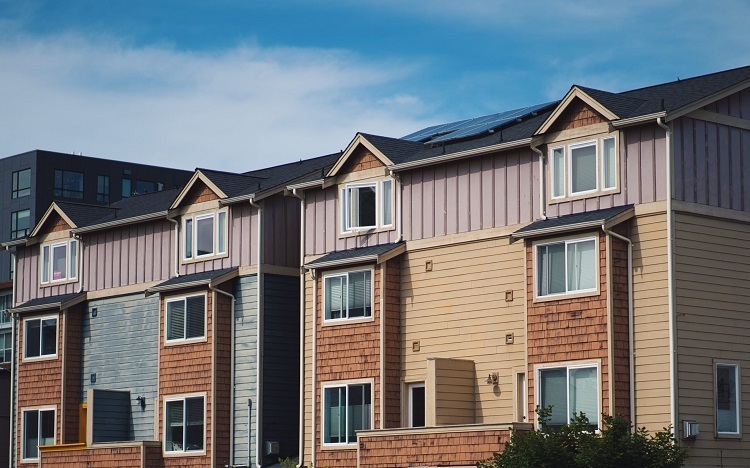Before you start making visits to open houses or hire a real estate broker to help you find a home, you need to figure out how much you can afford to spend on a house. The best way to find out the price range for homes you should be looking at is to sit down and do some simple math.
You will need to account for all of your income and monthly expenses in order to get an accurate view of what you can afford to spend on a mortgage each month. If both you and your spouse work, both of your incomes should be accounted for in your calculations. In addition, if you have any other income sources aside from your job; those should be added in as well.
As for your monthly expenses, you will want to include everything that you normally pay out now. This includes your groceries, clothing allowances, transportation expenses, and anything else that you normally pay out during the month. Not only will it be important in figuring out the mortgage amount that you can afford, but if you need to cut expenses, this accounting may help you find places where you can save money.
Once you have your income total and your total expenses, subtract the two numbers. The result will be the amount that you can afford to pay for a mortgage each month. Use that figure to start your search for the house you wish to buy for you and your family.
Consider a Pre-Approved Home Loan
After you crunch the numbers, not only can you start searching for a house, but you may wish to consider getting a pre-approved home loan from mortgage brokers Australia. When you are trying to get a mortgage, you can either pre-qualify for a loan or get a pre-approval. A pre-approval carries more weight because all of the documentation has been presented to get an approval for an actual loan.
When you get a pre-approval for a mortgage, you have more bargaining power when you are shopping for a house. It shows the seller that you are ready to buy and are serious about buying a home. If you are going up against someone else who wants to buy the same home, but they don’t have a pre-approved loan, you have the advantage because the seller doesn’t have to wait to find out if the other buyer can get a loan approval for the house.
Timing is important when using a pre-approved loan. When you have a pre-approval, you will get a letter from the mortgage company showing how much the loan is worth and the terms of the loan. The letter is usually only good for up to 90 days, so you want to be able to get the pre-approval and be able to immediately start searching for your new home so the letter doesn’t expire.
Home Buying Fees
When you buy your first house, there are fees that you may not be aware of, but that you should account for in your budget. The first fee that you will run across during the home buying process is the loan application fee. Most mortgage companies charge an application fee when you apply for a new home loan. This fee can be up to $1,000.
Another fee that may be part of the application fee is the valuation fee. Most lenders will require that the home you wish to buy is valued to make sure it is worth the price for which the seller is asking. The fee for this service is generally around $300. Some lenders may also charge an upfront fee for their legal costs, which can be around $500.
When you are ready to buy a home and are about to sign a contract, you will also have to budget closing costs into the price. Although you may be able to negotiate a deal in which the seller pays the closing costs, that isn’t typical. Several fees may be part of the closing costs, including any pest inspection fees, the escrow deposit, title search fees, etc. Typically, closing costs are about two to five percent of the home’s purchase price.
Home Down Payment
Another transaction you have to account for when purchasing a home is the down payment. Typically, the down payment is separate from the mortgage and you are responsible for it. Most people save up for a down payment when they plan on purchasing a home.
A down payment for a home is usually about 10% of the purchase price. So, if a house is being sold for $375,000, then your down payment would be $37,500. If they can afford it, many people put down a larger down payment to help reduce their monthly mortgage costs.
First Time Homebuyer Incentives
When you are ready to purchase a home, ask your mortgage broker about applying for a first time homebuyers’ incentive called the First Home Owner Grant, FHOG. The value of the FHOG will depend on where you buy your home. For instance, in New South Wales, the grant gives first time homebuyers $15,000 to put toward the purchase of a new home or having one built. However, on January 1, 2016, the grant amount reduces to $10,000. The value of the house cannot exceed $750,000 to be eligible for the grant.
There is a lot of work and information that goes into buying your first home, but when you settle into your house, you will realize it was worth the effort.
The thought of buying a home for the first time can be both exciting and daunting. A home is a place where you can put down roots and raise a family, but it also means investing a large portion of your savings into a down payment for a house. If you are in the market for a house, or soon will be, there are several steps in the home buying process of which you should be aware.











